How to use Notion for Startup Sales Teams
Organization is something that some of us often struggle with daily. There are so many things to deal with in a short amount of time. But hey, it’s a matter of putting the highest to least priorities on the list. Organized people have no problem with this. It’s because it has been wired in them or they have trained to do this very early in life. Not everyone was born with such skills. For others, it can be somewhat of a struggle. Some of us need to make lists or general reminders that will tell us what to do. Remembering things as you get older can become a nightmare. Fear not, there is a useful app out there that can help us to put things into motion. Notion will help us become very productive. Whether we use it for ourselves or working with others to get things done.
General Facts about Notion
The all-in-one workplace
Notion
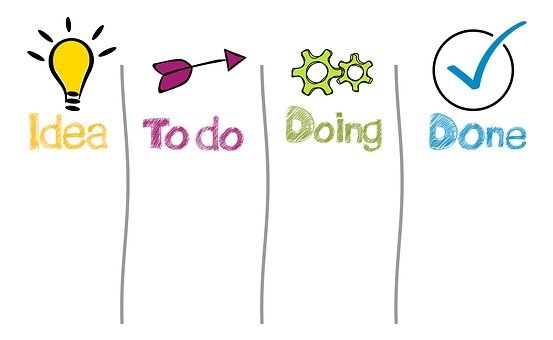
A simple structure is a stable one
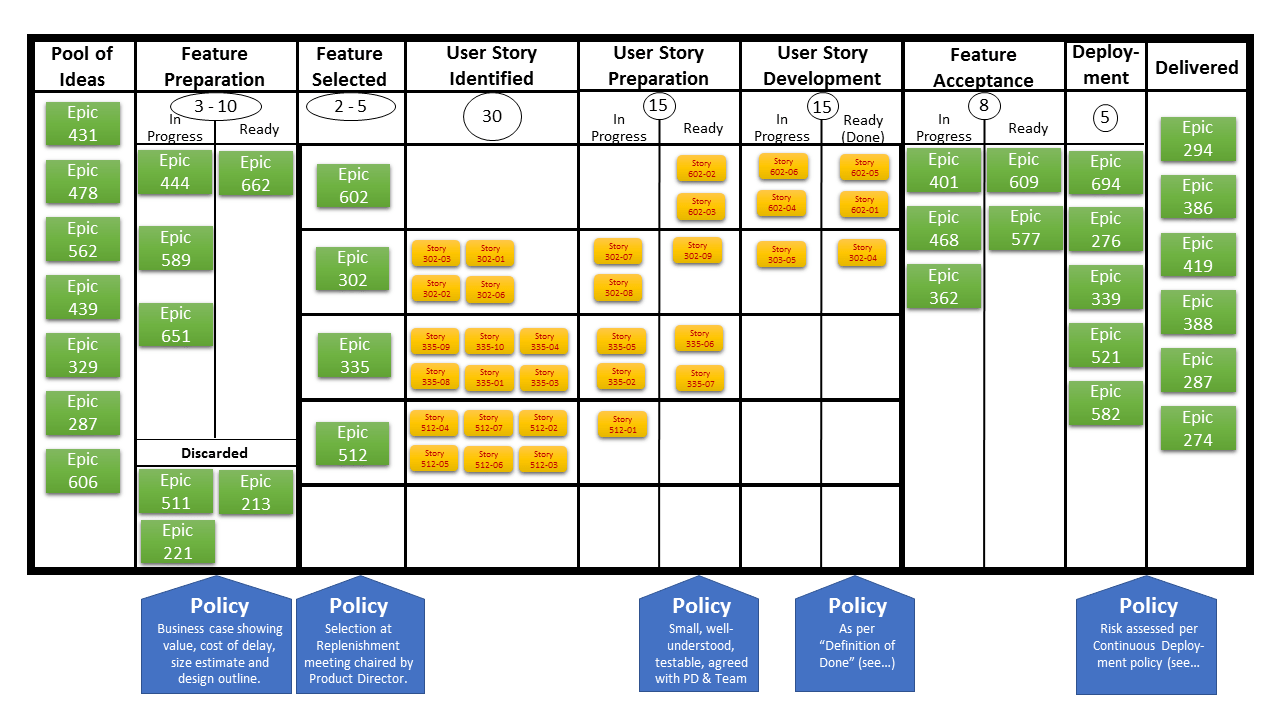
Notion is doing the same with scheduling reminders. It helps people to stay on track with everything. Furthermore, these team dashboards are split up into individual ones. It breaks down complexity to simplicity. Everyone knows what to do. But, it is still possible for the individual to check what the others are doing. If someone is stuck, Moreover, a big plus again, progress can be seen immediately. Thus, bottlenecks are identified as the following picture of the kanban system illustrates:
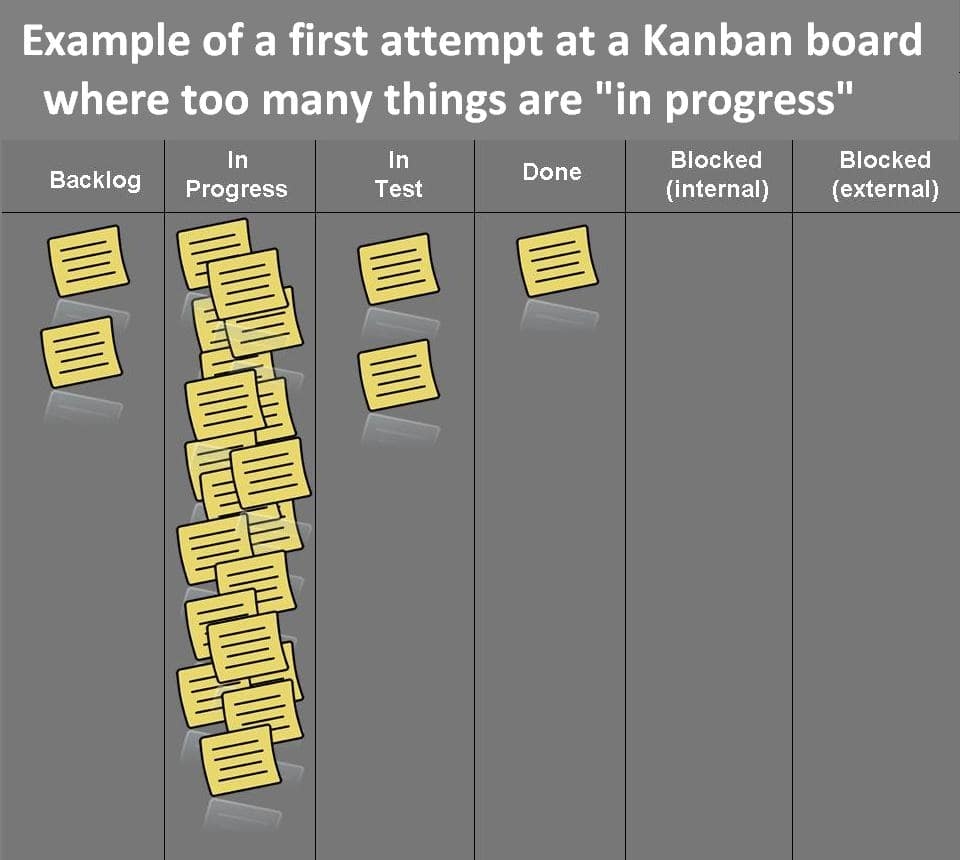
A clear sign of too much going on at once!
In conclusion, the kanban method in its core is simply the following guidelines:
work is pulled when capacity permits
Talking more about the app, it can be used alone. Or individual or in collaborations with friends, colleagues, and whole teams. Actually, there is no limit to how many people can be invited to view, comment, and edit the shared workplace. And as in Whatsapp, some admins invite or kick-out people. It also has a cool feature in the fact that you can share a file with someone who does not have the app. You create a link and that person works on the online version of it.
Next to that, many integrations of other software are possible. For instance, Google Calendar, Slack, Outlook, Trello, or Salesforce can be integrated. This adds to the statement of Notion in the beginning: The all-in-one workplace. Yet, one has to state that there exist some flaws and limitations. Many software tools can not be integrated. The following website provides more information on that. It should be consulted if issues arise:
Notion Integrations: 9 ways to add widgets (and use the “unofficial” API) (radreads.co)
There is another aspect that is valued about Notion. It is a fact that many pictures and icons can be inserted. It is used to give texts, notes, databases, and so on a visual appeal. It helps again to give a better overview and find files and sections easier.
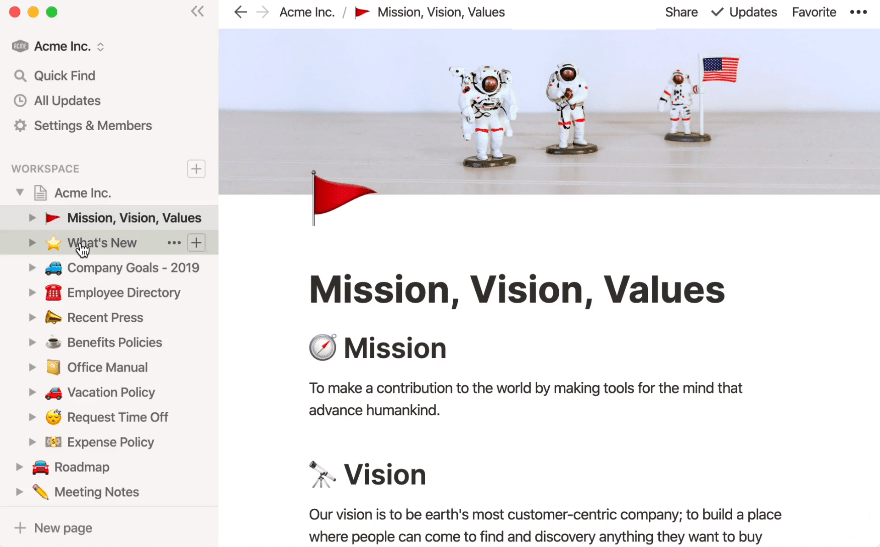
Notion and Sales
Coming to the main focus of this blog: Is Notion a useful software tool if it comes down to Sales?
To be frank, the answer depends on what you need for Sales. Notion can handle databases. But, if these databases get too large, Notion gets slow. That is why it is recommended for small to medium-sized companies. It is intended for specific projects. Having said that, what can Notion offer?
Notion can function as a CRM (= Custom Relationship Management). You can create databases with it. It includes all contacts and categorizes them according to your needs. Here to give you an example:

By filtering things, you can also set up a dashboard with daily tasks.
A well-structured Notion template for Sales could be the following. First, the information is centralized within related master databases. After that, contextual views within dashboards can be created. What does this mean? Essentially, you create one main database. It consists of all contacts with all the information attached to them. If you work on a specific case, you can filter the information. It is according to the aspects you need for the project. Later on, you can add new information to it. Through this approach, redundancy is minimized and information is kept accurate and consistent. Furthermore, this relationship-based navigation is very intuitive. It results in quick orientation in the mass of information.
To give a more concrete example, let’s imagine we have our database with our contacts in them. In this database, we have written down the cities and countries where these people live. Now, we are interested in targeting only clients in let’s say Germany. We can create a dashboard with all clients in Germany with ease. You can do this with any aspect you are looking for, as long as you have pre-defined it. So, it’s very simple and acts quickly in all you need to know. Moreover, you can use several filters and come down to niches. You can set up these individual dashboards. You can share them with the team to bring clarity to the projects. These dashboards can then be divided. Every member can again create their own task dashboard. Here a video on the filter tool, which can be used in diverse ways:
Some Concrete Notions
In the section before, I have listed features that are known and advertised. There is more evidence for the usefulness of Notion. I looked into concrete examples of people. They are basing their whole business process on Notion. After having looked more at how successful people use Notion for Sales, here are the most common points I found. These points are features of Notion that were said to be special and unique. As a reference these are some of my sources:
- How I Manage a $17 Million/Month Sales Pipeline In Notion – YouTube
- Using Notion as a CRM – YouTube
- Notion Office Hours: Building a CRM 🏬 – YouTube
Do check them out, because they provide cool and easy structures for building a good CRM. Maybe they inspire you 😉
What most of them highlight is the aspect of simplicity, which we have figured out before. For some of them, simplicity in Notion meant the following:
Notion changed their way of thinking about tasks. Instead of making task lists, they scheduled the tasks immediately. Instead of having a permanent to-do-list that you carry around for days or weeks. They scheduled the tasks that came to their minds. During the day, they put everything that came to their mind on a list. At the end of the day, they reflected on the tasks and put only the most useful ones into the scheduling system. Even whole processes could be split into tasks and scheduled in one go. This results that some days are already planned weeks. This means no important task is left behind. Due to the easy overview, the whole system is flexible and lets you work with the capacity that you have. So, if some tasks were not then on a specific day, you can find spots that are open on other days. This feature makes tracking certain tasks almost in an intuitive manner. It is because tasks can be connected and you can visualize the “task-line”.
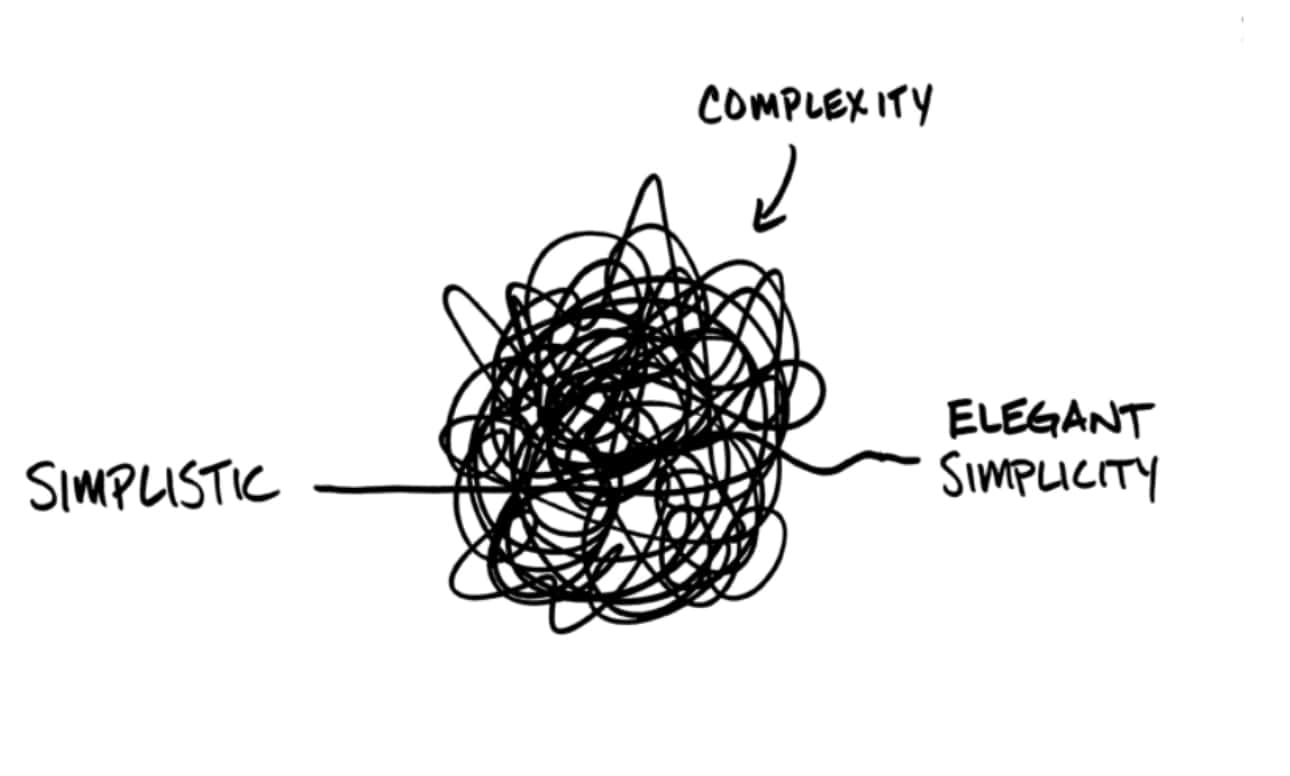
Also, Notion was often praised for simplicity. It was known for its minimalistic style of writing down the information. You can decide what information you need and don’t need and add/remove these.
Also, automation with templates war emphasized. More in detail: templates for …
- proposals and presentations
- emails, social media
- sharing routine information with partners and clients
- brainstorming and to-do lists
… can be saved, it is adjusted for the target, or reused.
Even when you add files, links and videos, the overview effect does not get destroyed. The icons for these are very small and save space, but you can recognize them at one glance.
One Issue with Notion
The security lies in the trust that we have in the company
As consumers, we have to trust that our information is stored confidentially. And believe it will not be used in any unwanted way. Currently, Notion is working on a more secure way of providing the service. Until this date (3.02.2021), I have not found any updates or changes yet. To be frank, as long as the information is not too private and I don’t think there will be any issues with using Notion. Especially, since I have not found any leakages scandals.
For more information and insights see the following video:
If security is not an issue, Notion is a reliable virtual workspace app. If simplicity and minimalism work out for you, there should have no problems when it comes to Notion. It’s very easy to use and you can navigate through it with ease. It emphasizes the priorities of each user. So, it increases the productivity of each member. In this way, everyone will contribute wholly to the entire team.
Community

Congratulations on reaching the end!
Check out our podcast Impact Talks, where you can listen to high-profile experts from various backgrounds!
Join our Facebook Group Community with over 4,700 entrepreneurs, innovators, and creators by Startup Funding Event, where you get access to free live training, daily Q&As, design templates to get your business started, and support from the SFE team. Join here!
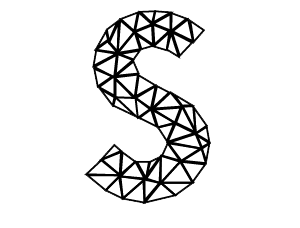


Leave a Reply
Want to join the discussion?Feel free to contribute!